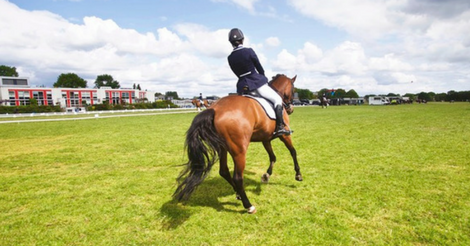
Most ageing horses experience some degree of arthritis. But how do you know when it’s time to do something about it?
Often, horses show signs and symptoms that pain is affecting their quality of life due to the impact of horse arthritis on their ageing joints. Fortunately, the treatment of arthritis can be simple and straightforward with the right products and advice.
You may have noticed your horse getting up slowly or being slow to get moving. He may show reduced range of motion in his joints and he may improve as he “warms up” by moving around. As we find ways to keep our equine friends healthy and under saddle longer, arthritic pain has become a common occurrence. However, as ageing occurs treatment to alleviate pain may be required.
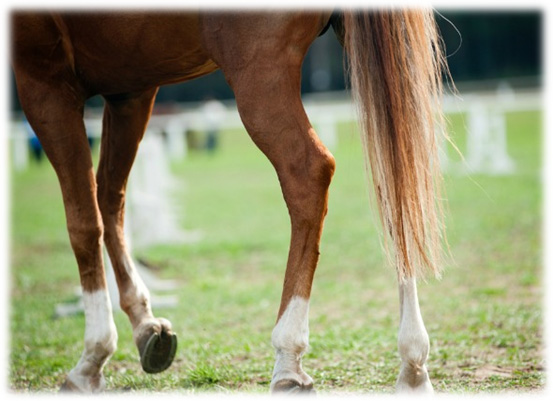 Horse Arthritis Stiffness
Horse Arthritis Stiffness
Horses are more likely to show evidence of lameness on a circle because the inside fore is loaded more heavily than it is when a horse moves on a straight line. If you have noticed that your horse doesn’t feel even, it may help to observe his movement on the lunge. The signs to look for include not tracking up unevenly, favoring one leg, and/or head bobbing as he trots. If your horse is sore in both front legs he may show restricted movement or be reluctant to go forward. This could be an indication that the horse is experiencing arthritic joint pain.
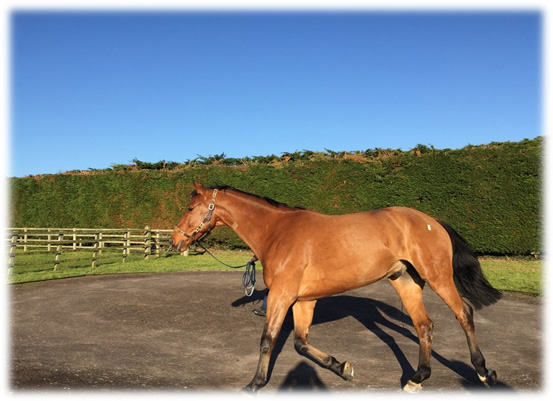
Lameness on a circle
You may have noticed that your horse does not roll or has difficulty rolling over. He may also have difficulty getting up and down, which may contribute to his reluctance to roll. This is usually due to two main causes:
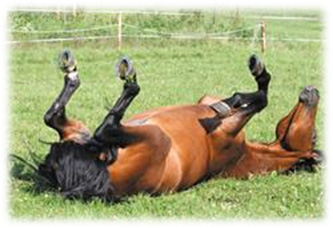
Inability to roll/rollover
If your horse used to extend the trot willingly but is now hesitating, sucking back, or simply not expressing himself as he once did, his loss of movement could be the result of painful joints. This behaviour may be mistaken for laziness. However, the reality is that bigger trot steps load the joints more heavily, creating larger concussive forces.
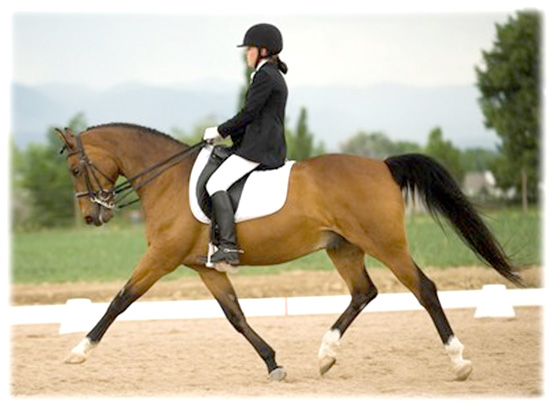
Reluctance to extend the trot
If your horse used to jump easily and willingly but is now hesitating and/or refusing, his loss of confidence could be the result of painful joints. There are many causes for a horse’s refusal or hesitation to jump and it is often put down to being “naughty” or “spooky”. However, jumping and landing require the joints to absorb the concussive force of the horse’s body weight and places significant stress on the joints.
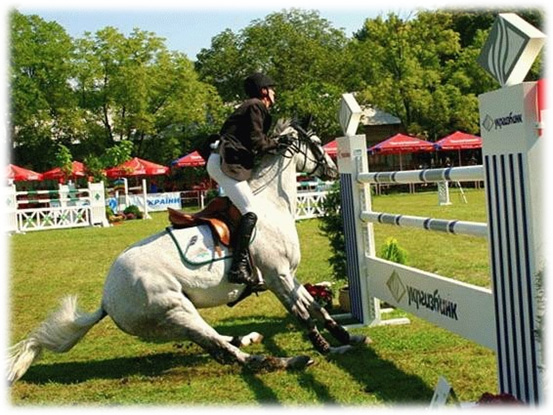
Reluctance to Jump
You may have noticed that your horse feels stiff and choppy in his stride at the beginning of your ride, however this eases as he warms up. If he is moving more freely after 10 minutes this usually means your horse has wear and tear type arthritis. This is extremely common as horses age, especially if they have done a lot of concussive work, such as jumping, eventing, dressage, racing, pacing, polo, polo cross, camp drafting or endurance riding.
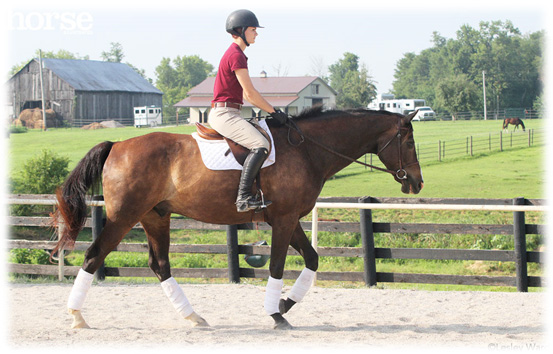
Better movement after being "warmed up"
When a horse is suffering from painful joints he may be less tolerant of people and other horses. He may put his ears back, swish his tail, bite, kick or fall behind the leg when being ridden, even though this behaviour may seem out of character for him.
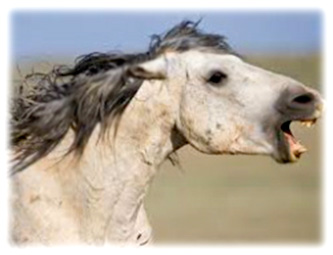
Horse Irritability
Sadly, arthritis is not a curable disease. However, there are products that have been developed to minimize further degeneration, ease the pain and ultimately improve the quality of life that your horse experiences.
Joint Rejuvenate is a high-grade pure green lipped mussel powder recommended by Veterinarians for the treatment of arthritis in horses, cats and dogs. For further information, visit www.arthritistreatments.com.au